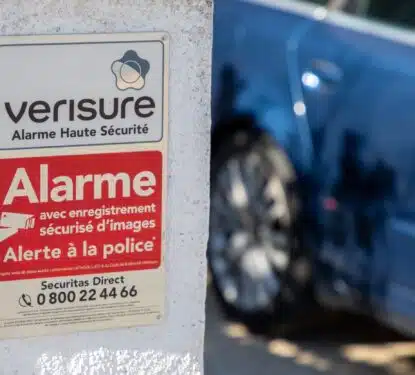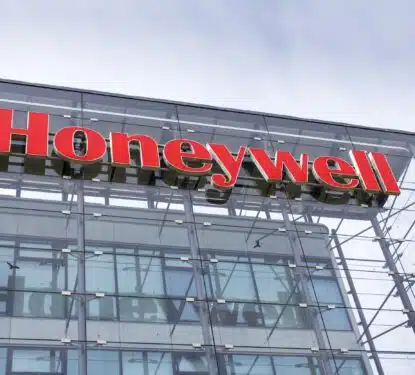Last month, a presentation by Western Australia’s state-owned electricity retailer, Synergy, suggested that, within a decade, residential buildings may use the grid for only 10% of their energy supply, thanks to a combination of smart building and appliances, together with solar and battery storage. The presentation, titled ‘The Challenges of Creative Destruction for the Electricity Industry’, was delivered last month by the Synergy chairman, Lyndon Rowe. In the same week the electricity retailer proposed a controversial ‘Sun Tax’ on solar power users effectively doubling the charge to connect the state’s more than 191,000 solar households to the grid. Under the proposal, WA home owners who have invested in solar technology could see their annual electricity charges increase from around Au$820 to Au$1666. Rowe, who claims to be “a believer” in rooftop solar, reasons that the annual charges of solar households don’t reflect the actual cost of being connected to the network. “I’m a believer and […]
Most Popular Articles

Verisure 2025 IPO: Understanding the Shift in Professional Security Services
In this Research Note, we examine Verisure, the monitored security services firm that has recently completed its IPO. We highlight the transaction details, explore the business, based on its IPO prospectus and recent company presentations, before commenting on their strategic acquisitions in the self-monitored and professionally monitored security markets. Transaction Details Verisure completed its IPO […]

Honeywell’s 2026 Automation Spin-Off: Brilliant Strategy or Risky Complex Move?
This Research Note examines Honeywell’s Automation & Control Solutions (ACS) businesses from 10 years ago, and highlights its evolution and major organizational changes since then, resulting in the forthcoming spin-off into an Automation public company. We compare and assess the new organization, review its success factors and ongoing challenges, before providing our view on the […]

Neeve’s Edge-Cloud Platform: Key Metrics & Growth 2025
This Research Note examines Neeve, the US startup offering an edge-cloud platform designed to enhance smart building operations by integrating operational technology (OT) systems into secure, connected environments. We highlight its founding as IoTium, before exploring its current offering, deployments, funding and partners, concluding with our view of the business. Neeve Profile Founded in 2015 […]
